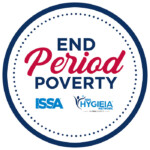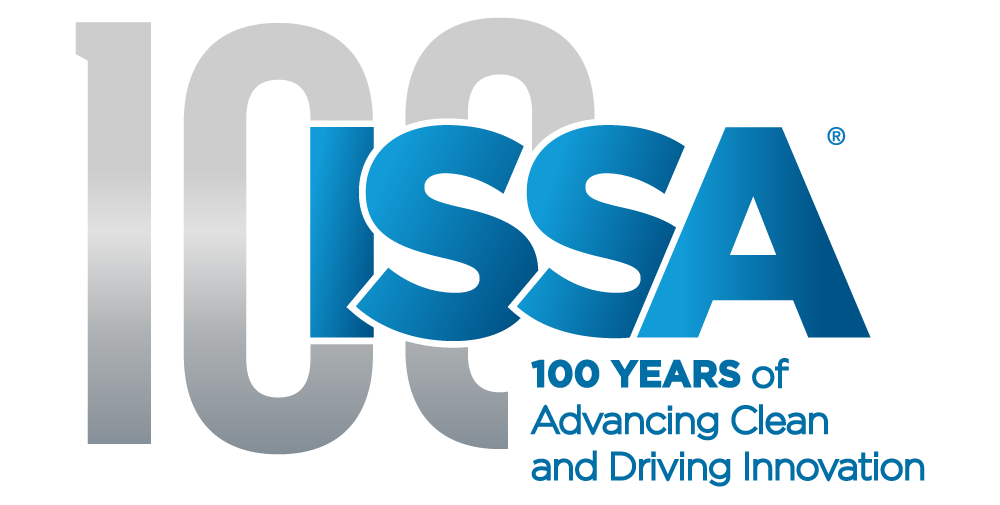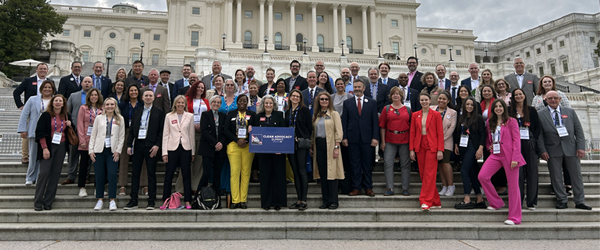ISSA’s July Period Project Update
 Welcome to ISSA’s July Period Project Update. This communication from ISSA will keep you up to date on the association’s efforts to end period poverty through advocacy and education. We encourage you to sign up for this monthly update.
Welcome to ISSA’s July Period Project Update. This communication from ISSA will keep you up to date on the association’s efforts to end period poverty through advocacy and education. We encourage you to sign up for this monthly update.
Features
National Coalition to End Period Poverty Launched:
A diverse group of national nonprofits, trade associations, and advocacy organizations announced the formation of the National Coalition to End Period Poverty. The nonpartisan coalition is dedicated to dismantling barriers that prevent access to affordable menstrual care products, promoting menstrual equity for all, and ending period poverty. ISSA is proud to be on the steering committee representing groups like the National Association of School Nurses and Society of Health and Physical Educators (SHAPE America). We are now working on recruiting other national groups, trade associations, and organizations interested in pushing federal solutions to this issue. Please visit the new membership application to learn more.
Clean Advocacy Summit and Fly-In:
On April 10-11, ISSA hosted a Clean Advocacy Summit with over 125 attendees to advocate for cleaning industry policy changes. Specifically in our period poverty breakout room, we had 25 attendees meeting up with 30 congressional offices and heard from Reps. Grace Meng (D-NY-06 and Sean Casten (D-IL-06) who are the two champions of the Menstrual Equity for All Act or the Period PROUD Acts.
Period Positive Workplaces:
The Period Positive Workplace Initiative encourages the inclusivity of workplaces and facilities through easier access to period products, destigmatization, and menstrual equity. On June 10, Days for Girls (DfG) released a report of the impact seen by these workplaces. Data from managers in these workspaces shows “87% noticed the initiative had improved employee satisfaction, and 75% noticed the initiative had improved public perception of their organization.” 173 workplaces have already seen the impact of the PPW Initiative.
Legislative Updates
On June 5, a new Colorado law changed the lives of students across the state. House Bill 24-1164, also known as the Free Menstrual Products to Students Bill, requires public middle and high schools to provide free pads and tampons to students to mitigate period poverty. These local education providers are required to comply with this law in at least 25% of applicable student bathrooms and will increase to 50% by 2026, 75% by 2027, and all bathrooms by 2028. It is partially funded in that it allocates $200k for a grant program prioritizing rural districts for funding. The bill allows the department to retain up to 10% of any the appropriation on actual administrative costs for the grant program and allows grant awards to be used to acquire a dispensing machine or disposal receptacle for menstrual hygiene products.
A Nebraska bill was passed and signed into law. For the 2025-2026 school year, a pilot program will provide $250,000 to make period products available to school districts across Nebraska. Each school district that receives free period products as part of the pilot program must ensure that period products – including both pads and tampons – are available in school bathrooms at no cost to students.
In New York, NY A04060 passed the Senate and returned to the assembly. It would require all public college and university buildings to provide free menstrual products in restrooms.
Pennsylvania Governor Josh Shapiro proposed a $3 million investment into public schools to provide period products at no cost to students. A bill, introduced by State Rep. Darisha Parker (D-Philadelphia) and sponsored by more than two dozen lawmakers, passed the House Education Committee with bipartisan support on June 5.
In Illinois, HB4264 creates the Good Samaritan Menstrual Products Act which prevents manufacturers or distributors from being held liable for possible illness or disease contracted by the user. This bill has passed both the House and Senate and is awaiting the Governor’s signature for final approval.
AB1810 will require all California incarcerated menstruators to “have ready access to these menstrual products without having to request them.”, creating a state mandated local program. This bill also states, “if the Commission on State Mandates determines that the bill contains costs mandated by the state, reimbursement for those costs shall be made pursuant to the statutory provisions noted above.” This bill has been read a second time and amended but was ordered to a third reading on June 25.
AB2229 will provide comprehensive menstrual education in all California schools in grades 7-12. It may also be added as an amendment to the CA Healthy Youth Act by including menstrual health in the definition of comprehensive sexual health education. This bill has been amended and advanced to the Appropriations Committee on June 24.
California AB 230 went into effect on July 1 which requires public and charter schools in California to now provide free menstrual products in their bathrooms for students grades third through 12th.
H7356 was introduced in Rhode Island and has recently been passed by the Senate. This bill officially finalized a ban on the manufacture, sale, and distribution of numerous products with PFAs including menstrual products. As of June 26, Governor Daniel McKee has signed the act which will be put in place by 2027.
In Florida, Governor Ron DeSantis vetoes $6.4 million for the Menstrual Hygiene Products Grant Program. This program would have provided free pads and tampons to students in K-12 schools throughout Florida.
On June 28, New Jersey Governor, Phil Murphy signed A2027 to “establish one year state work first New Jersey Menstrual Hygiene Benefit Pilot Program and State Work First New Jersey Diaper Benefit Pilot Program.” This bill also appropriates $2.5 million to the DHS.
News
- Period Poverty – why millions of girls and women cannot afford their periods
- Why workplaces should provide free period care.
- Half our colleagues suffer pain and discomfort from periods. But they’re still a taboo subject at work
- Transforming adolescent menstrual health through policy: the role of value added tax exemptions in improving access to sanitary products
Please contact us with any ISSA government affairs questions and/or comments that you may have. And thank you for supporting our advocacy efforts. You can find out more about ISSA’s End Period Poverty campaign and contribute here.
















